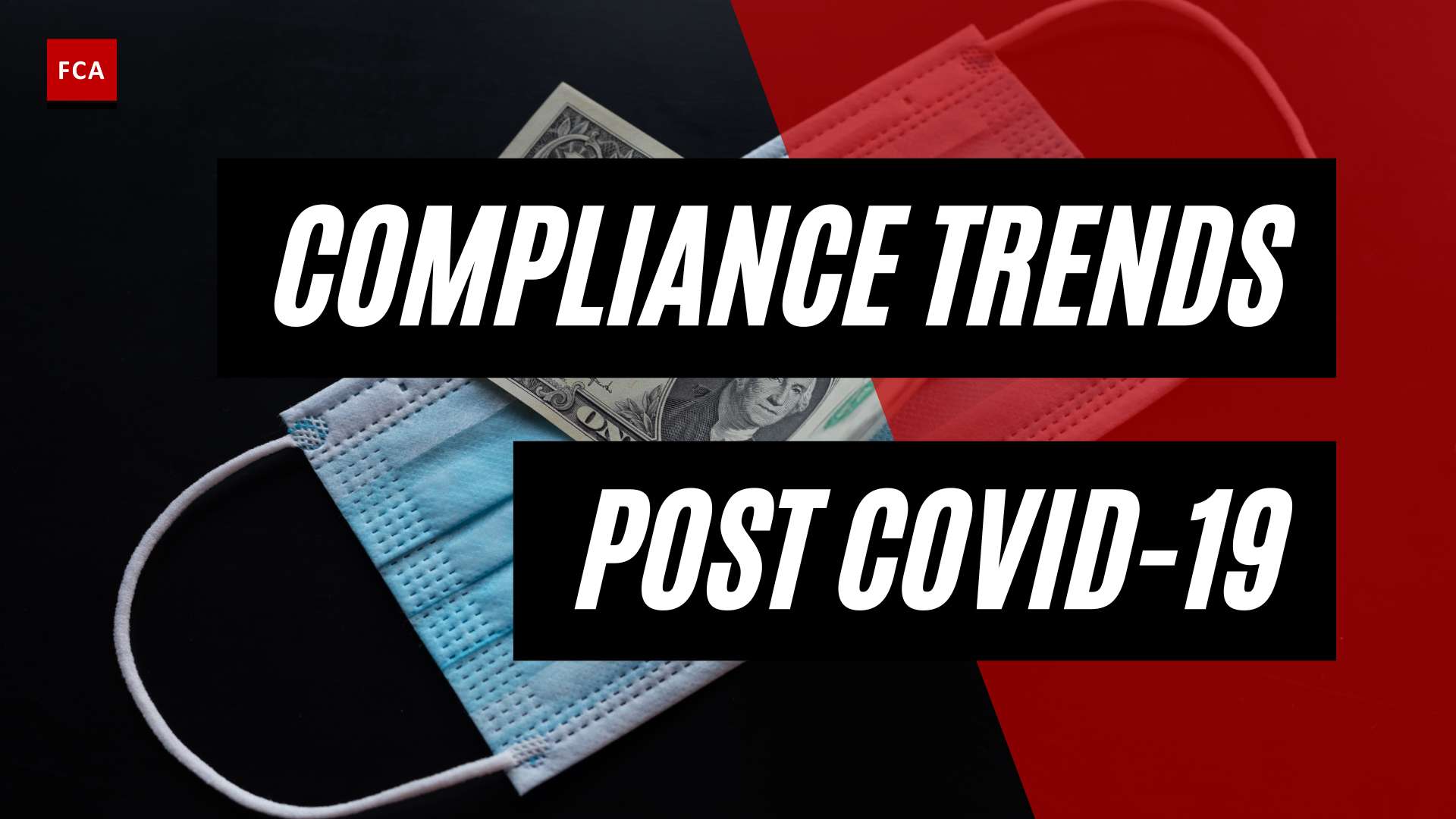The anti-financial crime compliance framework is a set of rules and guidelines to develop and implement strong compliance culture, systems, processes, and controls to prevent financial crimes. Anti-financial crime compliance framework is a set of rules and guidelines that establish and implement strong compliance culture, systems, processes, and controls to prevent financial crimes.

Anti-Financial Crime Compliance Framework
Over the last decade, financial institutions have undergone significant changes in the regulatory dynamics in which they operate. These regulatory changes include major structural modifications fostered by regulators leading to a more advanced, service-oriented, and technologically advanced industry.
Such changes entirely reshaped business activities’ complexity, outreach, and nature. The regulators have strived to foster the requisite Risk, Compliance & Governance, or RCG practices in line with changing consumer behavior to safeguard depositors’ interests and bring domestic industry at par with international standards and best practices. To achieve these objectives, institutions must adopt a suitable anti-financial crime framework and implement it at all levels of the organization.
The purpose of the anti-financial crime compliance framework is to:
- Establish the principles that must be adhered to by employees concerning the prevention of financial crime;
- Define the roles and responsibilities necessary for effective financial crime risk management; and
- Identify the financial crime compliance key processes and controls to be developed and implemented within the organization in compliance with the policies.
The possibility of committing a financial crime represents a compliance risk. The failure to prevent financial crime may have a negative impact, which can erode the stakeholders’ confidence in the institution’s perception by its management, employees, customers, and shareholders or investors. Non-compliance with the framework to prevent financial crime may result in significant economic penalties, including, in the extreme case, the loss of the business license.
Financial crime is a universal phenomenon that takes advantage of the international economy. Thus, its detection, deterrence, and disruption call for a coordinated global response by the regulatory bodies and the financial sector to prevent it from being used for illicit purposes or the anti-financial crime compliance framework

The following principles reflect the minimum expectations that are obligatory on entities at all times in anti-financial crime compliance framework:
- Zero tolerance concerning customers, suppliers, employees, contractors, or other third parties, and all transactions, that could be related to financial crime, including the failure to comply with the requirements and principles established in this framework.
- The obligation within the entity to prevent financial crime by all employees, the senior management, and the board members and committees; the application of high ethical and conduct standards in the recruitment and conduct of directors, employees, agents, suppliers, intermediaries, and introducers.
- Regulatory requirements and policies are to be adopted and implemented formally across the entity to ensure consistent implementation of minimum requirements and robust and effective financial crime risk management.
- Adoption of a risk-based approach to an effective in anti-financial crime compliance framework to minimize financial crime risk. It can be achieved by designing controls to identify and mitigate the specific financial crime risks and providing highly useful information on financial crime to relevant competent authorities on priority threat areas.
Final Thoughts
The financial services industry invests heavily in combating financial crime and anti-financial crime compliance framework , but the scale and scope of the problem are enormous, with criminals constantly evolving their capabilities to exploit the existing AML framework. This is because the current regulatory framework is ineffective in empowering financial institutions to combat criminals’ constantly evolving networks and tools.








